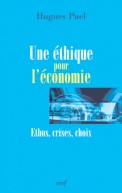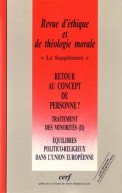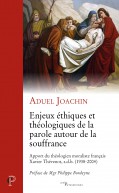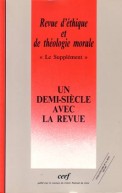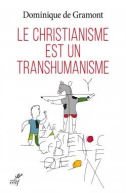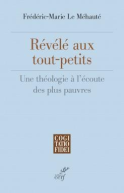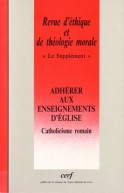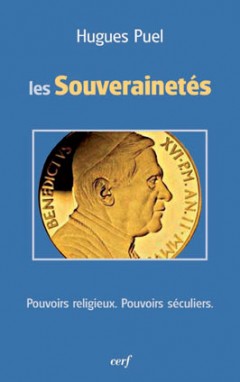
Souverainetés (Les)
de Hugues Puel
Collection Recherches morales
288 pages - sept. 2012
28,60€
La souveraineté est un concept d'origine religieuse, ce qui est souvent oublié dans le débat actuel au cœur de la laïcité. Pouvoirs religieux et pouvoirs séculiers furent souvent en lutte depuis la Rome antique, en passant par les Empires chrétiens du Moyen Âge, la perte des États pontificaux en 1870, la proclamation de l'infaillibilité pontificale par Vatican I, le tournant de l'encyclique « Rerum novarum » (Léon XIII), jusqu'au concile Vatican II qui renoncera finalement au pouvoir politique sur la société. Que devient la souveraineté désormais transférée aux pouvoirs séculiers dans un monde qui fait figure de village planétaire, notamment sur le plan techno-économique ? Si ce monde est dominé par l'argent — ce que l'on déplore avec raison —, le « Vatileaks » qui frappe aujourd'hui l'Église interroge sur les remèdes qu'elle doit envisager pour elle-même.
--
Sovereignty is a concept whose origin is religious; a fact often forgotten in today’s debate about secularity. Religious powers and secular powers have frequently been in conflict in history: From Rome, passing through the Medieval Christian Empires, the loss of the Papal States in 1870, the proclamation of Papal infallibility by the first Vatican Council, the encyclical Rerum Novarum (Leo XIII) all the way to Vatican II, which relinquished political power over society. So what becomes of sovereignty, thus transferred from religious authorities to secular ones? We observe that the latter deploy it with quasi-religious fervour in the interest of vast human sacrifices such as the world wars of the 20th century. In an organization which has become technically and economically global, the two hundred-or-so States that share the planet - most unequally from the territorial, demographical, scientific, economic and political points of view - have much more trouble trying to mutualize their State sovereignties in a universal project of human development. Today, we are experiencing a systemic crisis in reaction to the sovereignty of money, incapable of resolving a problem which is human and spiritual and requires solutions of a political nature. In the twilight of his life, the author views this unprecedented situation in the light of his social imagination and his faith, so providing a theological/political background to his previous publications devoted to the ethics of economy.
--
Sovereignty is a concept whose origin is religious; a fact often forgotten in today’s debate about secularity. Religious powers and secular powers have frequently been in conflict in history: From Rome, passing through the Medieval Christian Empires, the loss of the Papal States in 1870, the proclamation of Papal infallibility by the first Vatican Council, the encyclical Rerum Novarum (Leo XIII) all the way to Vatican II, which relinquished political power over society. So what becomes of sovereignty, thus transferred from religious authorities to secular ones? We observe that the latter deploy it with quasi-religious fervour in the interest of vast human sacrifices such as the world wars of the 20th century. In an organization which has become technically and economically global, the two hundred-or-so States that share the planet - most unequally from the territorial, demographical, scientific, economic and political points of view - have much more trouble trying to mutualize their State sovereignties in a universal project of human development. Today, we are experiencing a systemic crisis in reaction to the sovereignty of money, incapable of resolving a problem which is human and spiritual and requires solutions of a political nature. In the twilight of his life, the author views this unprecedented situation in the light of his social imagination and his faith, so providing a theological/political background to his previous publications devoted to the ethics of economy.
- Dimensions : 130x210x20
- ISBN : 9782204097918
- Poids : 360 grammes
DU MÊME AUTEUR
Revue d'éthique et de théologie morale 190
264 pages - sept. 1994
Revue d'éthique et de théologie morale 195
208 pages - janv. 1996
> VOIR TOUS LES LIVRES DE l'AUTEUR
DANS LA CATÉGORIE
Enjeux éthiques et théologiques de la parole autour de la souffrance
d' Aduel Joachin ,Aduel Joachim
328 pages - nov. 2015
Revue d'éthique et de théologie morale 203
224 pages - janv. 1998
Révélé aux tout-petits - CF 317
Une théologie à l'écoute des plus pauvres
de Frédéric-Marie Le Méhauté
400 pages - nov. 2022
Revue d'éthique et de théologie morale 216
180 pages - mars 2001


